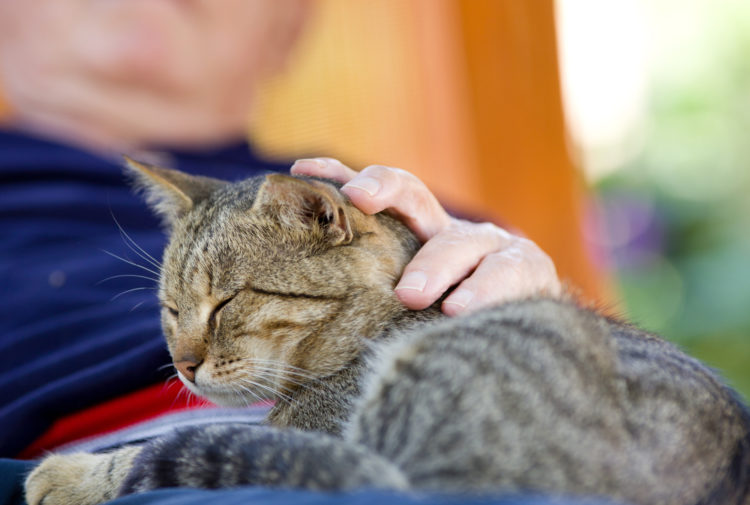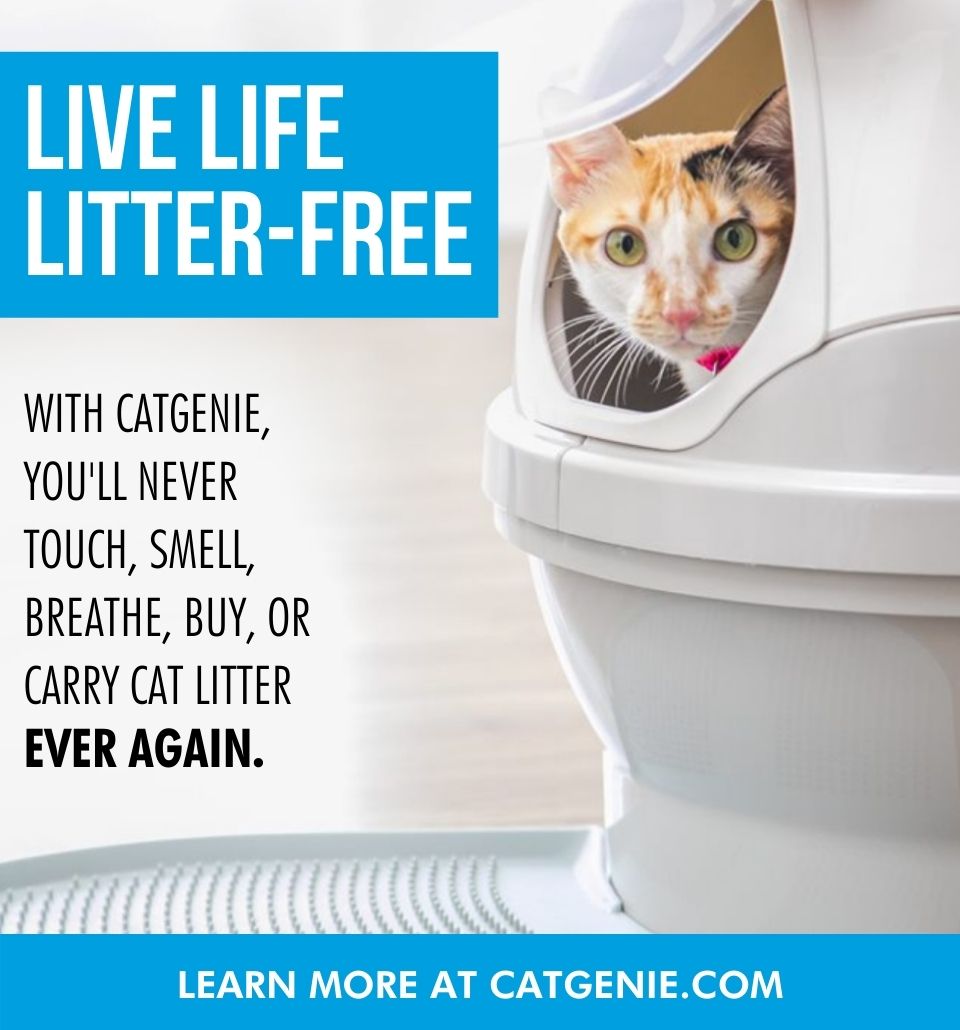“I can’t get another cat.”
That’s what my friend’s mother, Sallie, told me after enduring the unexpected death of her husband and — just two years later — the passing of her cat. Squish was a low-key tuxedo who liked to curl up on the couch with her at night.
Sallie took Squish’s death especially hard. In a way the cat was the last link to better days, a time when the house was alive with the sounds of two growing boys, a loving husband and a loyal cat all living their lives.
Her kids had long since graduated college and married. One of them was living overseas. Squish was her companion.
That’s why I asked her to come with me to check out a few local shelters. I was looking to adopt a cat for the first time, and figured Sallie could find a shelter cat who would love to settle into a forever home, providing the companionship she’d lost with Squish.
She wouldn’t do it.
She had a litany of excuses: She was too old to adopt another cat. It would be unfair to bring a new pet home. Where would the new cat go if something happened to her? She couldn’t keep up with a kitten.
Unfortunately, these rationalizations for giving up on the joys of caring for cats, are common among seniors.
It doesn’t have to be that way.
Senior cats need love too
Kittens are adorable and a lot of fun to raise, but they’re also unpredictable and disruptive. Without trivializing the difficulty of raising a child, adopting a kitten is a lot like bringing a newborn home from the hospital.
Kittens are babies too. Lost sleep is a guarantee. It’s almost a certainty a new kitten is going to destroy things around the house. They can get themselves into all sorts of trouble, and they’re demanding when it comes to play time.
But adult and senior cats are past that stage. A five-year-old who’s been languishing in a shelter for a year would love nothing more than a roof over her head, a couch to stretch out on, and a doting human to snuggle with.
In addition to being grateful, adult cats come with another big advantage: Their personalities are fully formed. What you see is what you get. For people who are retired and looking for a kitty companion there’s no better way to ensure they’re compatible with a new member of the household.
Set up a “will” for your cat
Worrying about what might happen to your cat if you die is understandable, if a bit morbid, but people 65 and older aren’t the only ones who have to worry about death. We’re all going to get there at some point, and life’s best-laid plans can be shattered instantaneously with a car accident or a heart attack.
That’s why it’s not a bad idea for anyone of any age to make contingency plans for their pets in the event of a tragedy. I’ve done it. It gives me peace of mind to know that, if anything should happen to me, my brother and his family will provide a loving home for my mercurial little stinker of a cat.
My niece is already fond of the furball, and I can think of no better place for him if I’m hit by a bus tomorrow or a meteor drops on my head.
Think it through
People having doubts about adopting because of their age should shelve those negative thoughts for a few days and think about all the good: The years of companionship and love, the cold winter nights when nothing’s better than curling up with a cat, a blanket and a book.
Better yet, think of things from your future cat’s perspective. One of the most endearing qualities of pets is their unconditional love for their caretakers. Cats don’t care about age or physical ability. They care about affection, attention and regular meals.
The benefits are mutual
Adoption isn’t a one-way street. Caring for a cat helps us forget about our personal woes. Studies have shown the presence of a fluffy, happy, purring cat has a positive effect on mood and overall health.
Just a few minutes cuddling with a cat triggers a drop in blood pressure and heart rate, while causing an increase in the production of serotonin, a brain chemical that regulates mood.
Caring for a pet is also a great way to distract from life’s problems and take you out of yourself. Cats especially will hold you to a schedule (They know when it’s dinner time!) and help develop new routines. With a little harness training, they’re also an excuse to get outside.
And if that’s not enough, studies have shown a cat curling up next to you can help you sleep better, and purring has a tangible therapeutic effect on humans.
Don’t rule it out. And if you find yourself at a shelter, on the fence about adopting as you have your eye on a cute cat, think about making that cat’s day, his year, his life, by bringing him back and giving him a real home.








